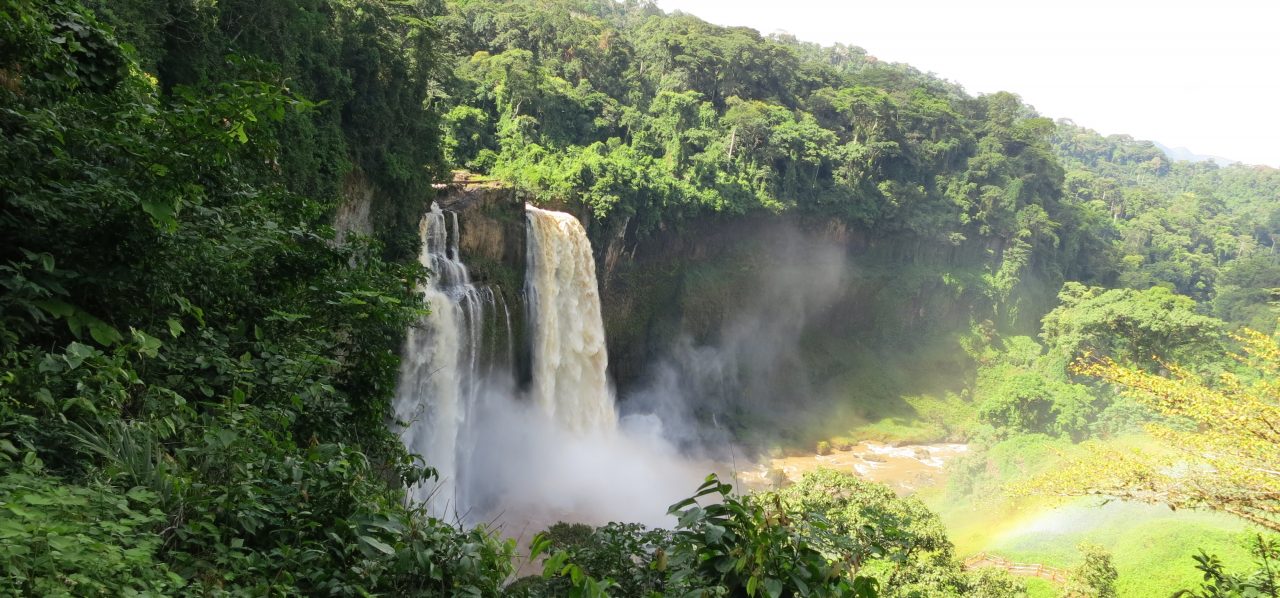
Today, I present to you the text of the treaty signed between King Mlapa – the King of Togo, or rather his representative Chief Plakko or Plakkou, and the Consul General Gustav Nachtigal thereby placing his land under German protectorate. This is the famous July 5th 1884 treaty which marks the beginning of the German protectorate in Togoland and the birth of this German colony in West Africa. As you read it, remember that Porto Seguro is now Agbodrafo and Bagida is Baguida in Togo. Note also that when it is said ‘King of Togo,’ Togo in this case refers to the area around Togoville, the village which gave its name to the entire country. As always, European colonizers used one main treaty in one area of the country (mostly coastal) to claim ownership over the rest of the country. The original in German can be found in Geschichte der deutschen kolonien by Horst Gründer, UTB (2018) p. 91-92
=======

Bagida, July 5th 1884
The Consul General for the German Reich, Dr. Gustav Nachtigal, in the name of His Majesty the Kaiser of Germany, and Mlapa, King of Togo, represented for himself, his heirs and his chiefs by Plakkou, carrier of King Mlapa’s stick, have come to the following agreement :
Article 1
King Mlapa, desiring to protect legitimate trade, which mostly is carried out by Germans, and to grant the German merchants full security for their lives and property, requests the protection of His Majesty the German Kaiser, so that he is enabled to uphold the independence of his territory, which stretches from Porto Seguro‘s eastern border to the western border of Lomé or Bey Beach. His Imperial Majesty grants such protection, with the reservation of legitimately acquired rights of third parties.
Article 2
King Mlapa will cede no part of his lands and sovereignty rights to any foreign country of person, and he will not sign any treaty with any foreign power without the previously given approval of His Imperial Majesty.

Article 3
King Mlapa grants protection and free trade to all German subjects who live in his land, and promises never to grant merchants of other nations privileges, preferential treatment or protection beyond what is granted to the Germans. King Mlapa, without His Imperial Majesty’s approval, will refrain from collecting tariffs other than those presently collected, which are
1 Shilling for every ton of palm kernels
1 Shilling for every barrel of palm oil
which are to be paid to the chief of the respective location.
Article 4
His Majesty the German Kaiser will respect all trade treaties previously signed by King Mlapa and others, and will in no way place burdens upon free trade in King Mlapa‘s land.

Article 5
His Majesty the German Kaiser will not interfere in the manner the tariff so far has been collected by King Mlapa and his chiefs
Article 6
The signatory parties reserve matters of mutual interest, not included in this treaty, for future agreements.
Article 7
This treaty takes force immediately, reserved ratification by the German government.
In order to testify, we have signed in the presence of the witnesses which have signed
Witnesses

J.J. Gacher, J.B. Ahpevon, interpreters
H. Randad
Josua Lenze
Mandt, Lt. at sea
Dr. Max Buchner
Chief Plakko
Chief Adey of Lomé or Bey
Coodaycee
Hadji, 2nd chief of Bey
Okkoo
Nukoo
King Garsa of Bagida
signed Dr. Nachtigal
1 Translator’s footnote : Here a text originally written in English, and printed in German translation in the RTA, has been re-translated into English. Thus it might differ slightly in diction from the original text.


Great job bringing light to all the treaties that were signed during this rampant colonization. There were so many slanted and one-sided elements. I can certainly surmise that the Togolese got nothing good out of the treaty.
LikeLike
yes they got nothing good for sure from all these treaties with the European colonizers… like most African countries.
LikeLiked by 1 person
Yeah, seriously. There are so many loopholes and addendums with those treaties.
LikeLike